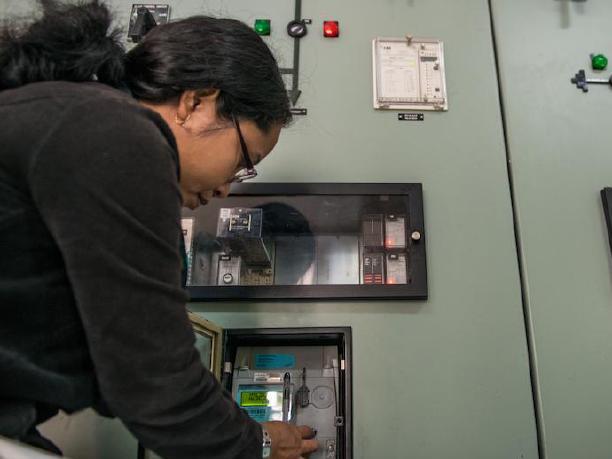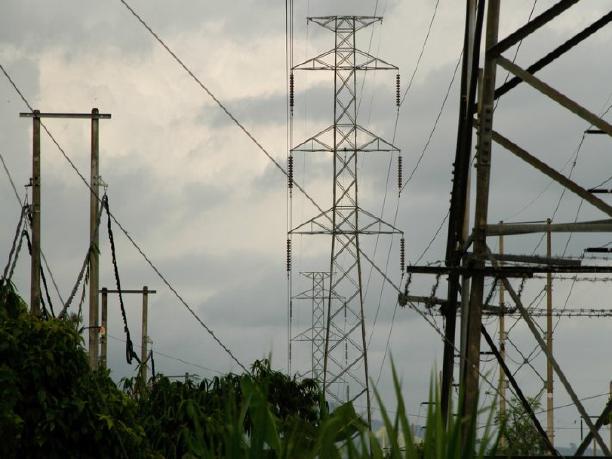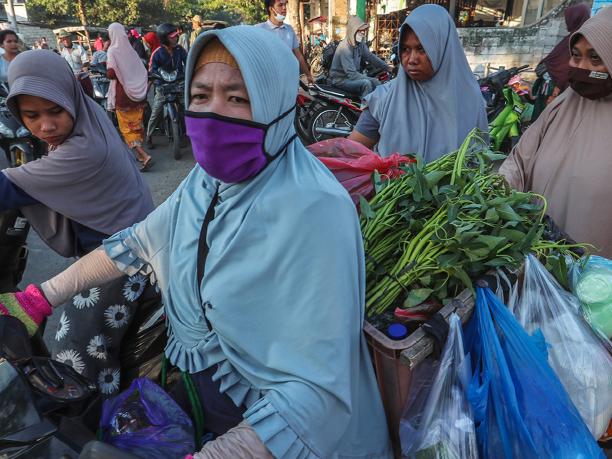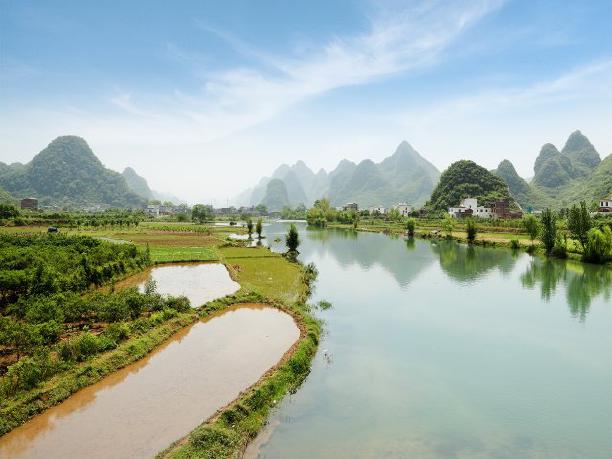Germany
Listen to the article
Cumulative
- Project-Specific Cofinancing $7.1 billion
- Contributions Committed to Trust Funds $161.6 million
2023
- Project-Specific Cofinancing $284.5 million
- Trust Funds Contribution $7.6 million
Partnership Framework Arrangement
Signing Date 2 July 2014
Completion Date 31 December 2025
Germany’s priority areas are peace building, food security, training and sustainable growth, climate and energy, and the environment and natural resources. Efforts in the health sector will also be increased. The priority countries include Bangladesh, Cambodia, India, Indonesia, Pakistan, the People’s Republic of China, Uzbekistan, and Viet Nam.
The Federal Ministry for Economic Cooperation and Development, the KfW, and Deutsche Gesellschaft für Internationale Zusammenarbeit manage the country’s provision of development assistance.
After Germany’s federal elections in September 2021, the coalition treaty focused on sustainable development, zero hunger and poverty, climate justice, biodiversity, and gender equality. It considerably strengthened Germany’s multilateral engagement and provided more means for climate finance.
ADB and the KfW signed a third amendment to the ADB–KfW Cofinancing Memorandum of Understanding (MOU) in October 2022, extending the MOU until 2025 and increasing the cofinancing amount by another $2 billion. The original MOU, totaling $2 billion, was first signed in July 2014 and later amended in September 2017 and November 2019 for an additional $4 billion. The partnership (2014–2022) yielded 25 cofinanced projects focused on energy, industry and trade, and public sector management. The $6.1 billion provided by the KfW for these projects was complemented by $9.4 billion from ADB.
The KfW committed €300 million to the ASEAN Catalytic Green Finance Facility (ACGF). The ACGF, an initiative of the ASEAN Infrastructure Fund, was launched in April 2019 to accelerate green infrastructure investments in Southeast Asia. It supports Southeast Asian governments in preparing and financing infrastructure projects that promote environmental sustainability and contribute to climate change goals.
ADB and the Deutsche Investitions-und Entwicklungsgesellschaft mbH, a 100% subsidiary of the KfW, signed a cooperation arrangement in December 2022 to cofinance private sector investments in ADB’s developing member countries to support Sustainable Development Goals targets.
In July 2023, the Federal Government of Germany released its Strategy on China1, focusing on three dimensions: bilateral relations with the People’s Republic of China, strengthening Germany and the European Union, and international cooperation.
In December 2023, the Federal Ministry for Economic Cooperation and Development launched the Asia Strategy: German development policy with Asia (Innovative-Social-Feminist). The strategy focuses on five guiding principles: (i) gender equality for just and strong societies; (ii) giving a social and inclusive dimension to climate-compatible development; (iii) technical and vocational education and training in green industries of the future (decent, fair, and innovative); (iv) harnessing the opportunities of social protection as an investment in the stability and future of Asian societies; and (v) preserving biodiversity and ecosystems, and resource conflicts.
Highlights of ADB–Germany Engagement in 2023:
Sovereign Cofinancing. In 2023, the KfW committed $284.5 million in cofinancing for specific projects. Of that, $212 million in loans and $2.1 million in grants supported urgently required electricity sector reforms in India. The KfW also committed $69 million in loan cofinancing to help Indonesia’s state-owned power company Perusahaan Listrik Negara provide affordable, sustainable, and reliable electricity to the western and central parts of Java Island while also promoting clean energy.
Nonsovereign Cofinancing. The Trade and Supply Chain Finance Program (TSCFP) supported over 4,390 transactions valued at $4 billion with banks domiciled in Germany from inception to December 2023. During the same period, the TSCFP supported over 4,430 German exports and/or imports valued at $1.1 billion. In 2023 alone, the TSCFP supported 142 transactions valued at $58.1 million with banks domiciled in Germany and supported 3,155 German exports and/or imports valued at $315.9 million. Exports and/or imports were mainly to or from the People’s Republic of China, Pakistan, and India. Underlying goods involved mostly textiles and apparel, industrial machinery and capital goods, as well as food and agriculture-related goods.
Trust Funds. Germany committed a contribution of €7 million ($7.6 million) to the Clean Energy Fund in 2023. The fund provides grants for projects and technical assistance that lead to increased investment in clean energy through efficient energy use, which extracts greater service value from each primary energy unit consumed and increased use of indigenous forms of renewable energy.
Special Funds. Germany is a founding member of ADB and has, since 1966, committed $2.1 billion to ADB special funds. Of this commitment, $2 billion has gone to the Asian Development Fund (ADF). The ADF provides grants to ADB’s low-income, developing member countries to help reduce poverty and improve quality of life.
Knowledge. In June 2023, ADB’s Pakistan Resident Mission chaired the first informal meeting of the Digital Sector Coordination Group. The meeting brought together experts, including from the Deutsche Gesellschaft für Internationale Zusammenarbeit. The participants shared their knowledge and best practices in the digital sector in Pakistan.
In November 2023, ADB hosted the financing donors for the annual consultation meetings of the Clean Energy, Urban, and Water Financing Partnership Facilities (FPFs) in India. ADB thanked the donors, including Germany, while highlighting the FPFs’ role in developing innovative solutions. Donors expressed their support for the FPFs, underscoring the importance of scaling up knowledge and innovation, ensuring greater visibility for donor contributions, and diversifying the funding base for the FPFs.
During a side event at the UNFCCC Climate Change Conference (COP28) in December 2023, ADB organized a panel discussion to understand the role of regional cooperation for climate action and to get guidance on opportunities to support climate priorities. The discussion also demonstrated and communicated the Central Asia Regional Economic Cooperation members’ commitment to enhance collective and accelerated action on climate change at the regional level. Resource speakers included those from the Deutsche Gesellschaft für Internationale Zusammenarbeit.
Active Trust Funds
Active trust funds are those a) with ongoing projects; or b) with no active projects but have remaining funds.
- Afghanistan Infrastructure Trust Fund*
- Asia-Pacific Climate Finance Fund
- Cities Development Initiative for Asia Trust Fund
- Clean Energy Fund
- Energy Transition Mechanism Partnership Trust Fund
*ADB placed its regular assistance to Afghanistan on hold effective 15 August 2021, but since 2022 has supported the Afghan people through a special arrangement with the United Nations to address basic human needs. The AITF is considered as one financial source in this database.
News
29 Nov 2023
KfW Supports Power Sector Reforms Project in India
The policy-based loan will strengthen India’s power sector by improving financial sustainability and facilitating the shift to renewable energy.
24 Nov 2022
$500 Million ADB Loan to Support Indonesia's Energy Sector
“The program supports the government in implementing a policy framework to achieve financial sustainability for the energy sector and improved energy access, along with a commitment to a clean energy transition,” said ADB Senior Energy Specialist Yuki Inoue. “The reforms will also pave the way for taking forward the broader energy transition agenda announced by Indonesia and its international partners at the recently concluded G20 meetings.”
- ADB $500 Million Loan to Support Reforms to Indonesia’s State-Owned Enterprises 22 Nov 2022
- Germany Commits €25 Million to ADB’s Energy Transition Mechanism 17 Nov 2022
- ADB's $500 Million Loan to Support Financial Inclusion Reforms in Indonesia 15 Nov 2022
- ADB, KfW Scale Up Cofinancing Partnership with Additional $2 Billion 12 Oct 2022





